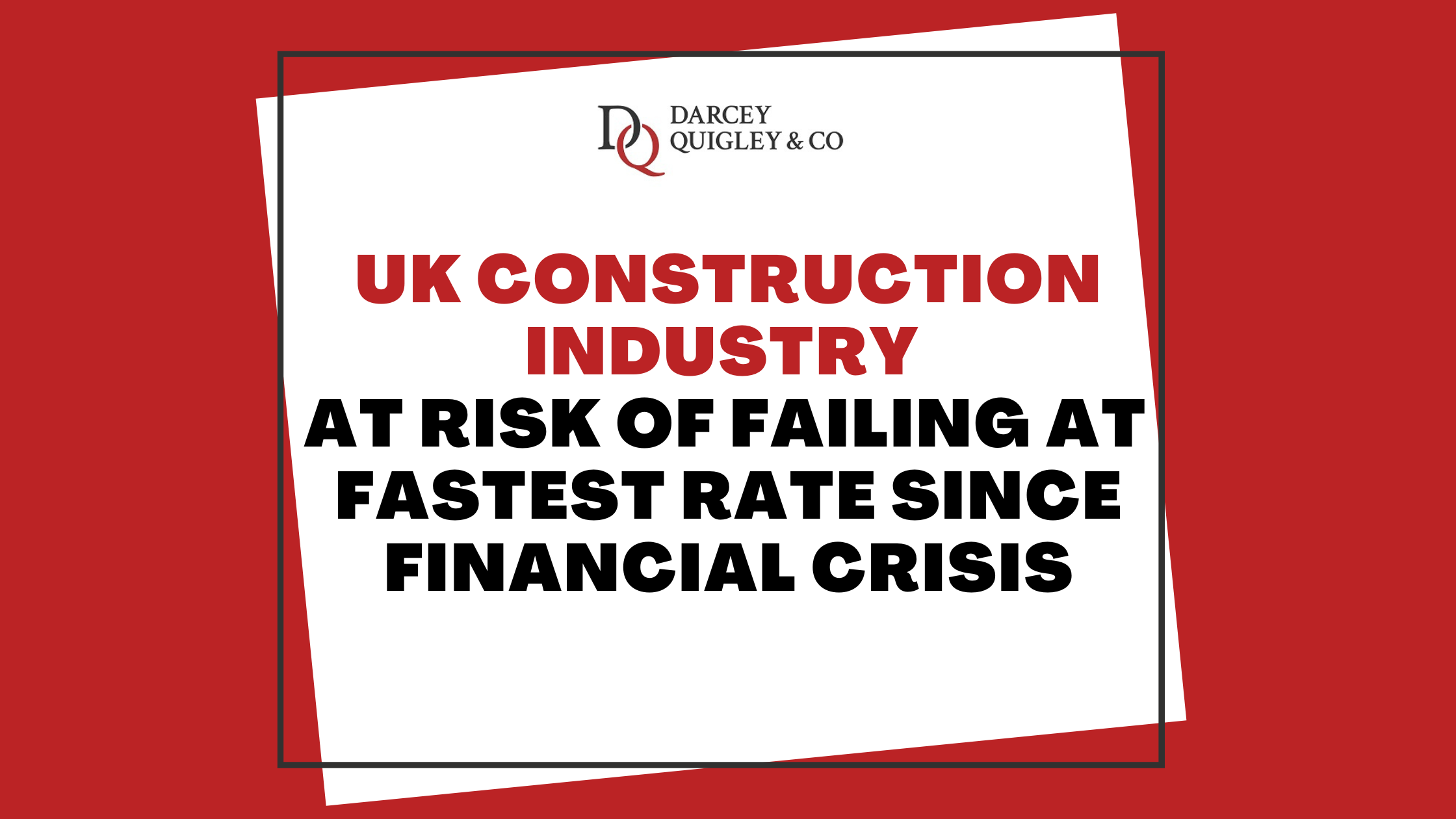Understanding Late Payment Risks Under the New UK Interest Rate
The recent decrease in the UK interest rate has significant implications for businesses, particularly concerning late payment risks. As businesses adjust to lower borrowing costs and potential cash flow improvements, they must also remain vigilant about managing late payment challenges effectively.
In this blog post, we will explore the impact of decreasing UK interest rates on businesses from 5.25% to 5% and strategies to mitigate late payment risks in this evolving economic landscape.
1. Reduced Borrowing Costs:
With the UK interest rate decreasing, businesses may benefit from lower borrowing costs, making it more affordable to access external funding options such as loans, overdrafts, or credit facilities. Lower interest rates can support businesses in managing their cash flow more efficiently and improving liquidity, which could contribute to a healthier financial position overall.
2. Cash Flow Management Opportunities:
Decreasing interest rates provide businesses with an opportunity to optimise their cash flow management strategies. Improved cash flow can facilitate timely payments to suppliers and creditors, reducing the risk of late payments and strengthening relationships within the supply chain. Businesses can leverage the lower cost of borrowing to invest in growth initiatives or expand operations.
3. Late Payment Prevention:
Despite the potential benefits of decreasing interest rates, businesses must remain proactive in addressing late payment risks. A buoyant economic environment fuelled by lower interest rates could lead to increased business activity and transaction volumes, raising the likelihood of late payments. To prevent late payment scenarios, businesses should maintain robust credit control procedures, communicate openly with customers about payment terms, and have a trustworthy outsourcing partner for last case scenarios.
4. Supplier Relationships:
Effective management of late payment risks is essential for preserving positive supplier relationships. Businesses that prioritise prompt payments demonstrate commitment and reliability to their suppliers, fostering trust in the business ecosystem. By honouring payment commitments and communicating openly about any potential delays, businesses can cultivate strong partnerships that endure fluctuations in interest rates and economic conditions.
As businesses adapt to decreasing UK interest rates, they must remain mindful of the challenges and opportunities associated with late payment risks. By optimising cash flow management, implementing proactive late payment prevention strategies, nurturing positive supplier relationships, businesses can navigate the evolving economic landscape with resilience and agility.
If late payments have been affecting your business, why not book a call with one of our friendly debt recovery specialists or phone 01698 821 468.
Lynne is the Founder and CEO of Darcey Quigley & Co.
She is passionate and determined to help businesses get overdue invoices paid quickly.
Having worked within the credit management industry for over 27 years and ran UK leading commercial debt recovery specialists Darcey Quigley & Co for over 18 years, Lynne has helped businesses recover commercial debts from every continent across the globe.
Connect with me on LinkedIn!









